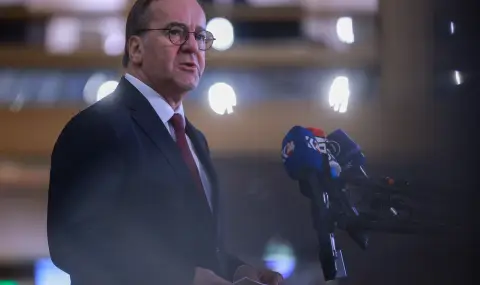In recent days the German Social Democratic Party (GSDP), which heads the current governing coalition in Berlin discussed its candidate for chancellor in the upcoming early elections in February, reports Focus.
Incumbent Chancellor Olaf Scholz has announced that he will run for re-election, despite his approval rating of just 31.4% – the lowest among leading German politicians. By comparison, Defense Minister Boris Pistorius, who is also a Social Democrat, enjoys far greater public support – 52.8%, according to data published by BILD.
The Pistorius decision
On Thursday, the defense minister announced that he would not run for chancellor. This decision was in favor of Olaf Scholz, who received support from the majority of the party leadership, although some regional branches and prominent members of the GSDP expressed their preference for Pistorius.
Challenges for GSDP
Despite Pistorius' decision not to run, the election remains a serious challenge for the GSDP. According to an INSA survey, Olaf Scholz is losing support to his main competitors – Friedrich Merz from the Union (CDU/CSU) and Robert Habek from the Greens.
This dynamic raises the question of whether the party will be able to mobilize enough voters to maintain its leading position in the government after the election.
